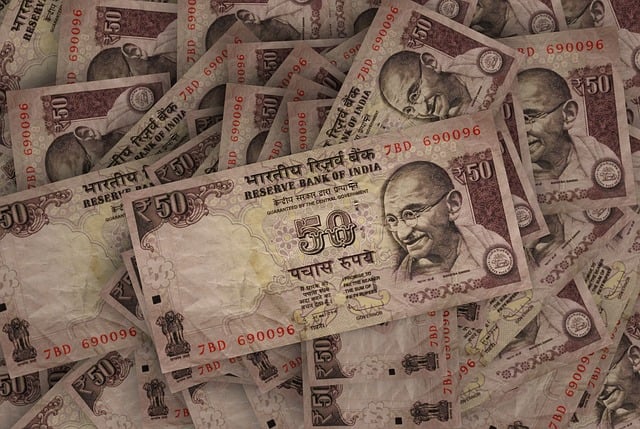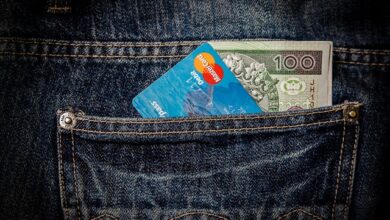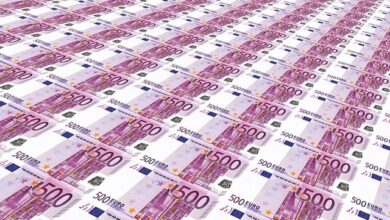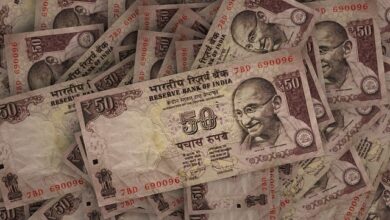Is France an Affordable Country to Live In?

France is often romanticized for its picturesque landscapes, world-class cuisine, and rich cultural heritage. However, when it comes to affordability, the answer depends on several factors, including your lifestyle, location, and personal priorities. While France offers a high standard of living, costs can vary significantly across regions and cities. Let’s break down the key expenses and considerations to help you determine whether France is an affordable country for your needs.
1. Cost of Living: Regional Variations
One of the most significant factors influencing affordability in France is where you choose to live. The cost of living varies dramatically between urban centers like Paris and smaller towns or rural areas.
a) Paris and Major Cities
- Housing: Paris is one of the most expensive cities in Europe, with average rents ranging from €1,200 to €2,500 per month for a one-bedroom apartment in the city center. Other major cities like Lyon, Marseille, and Nice also have high housing costs but are generally more affordable than Paris.
- Utilities: Monthly utility bills (electricity, heating, water, garbage) typically range from €150 to €250 for a standard apartment.
- Transportation: Public transportation is relatively affordable, with monthly passes costing around €75 in Paris and less in other cities.
- Groceries: Food prices are moderate, with a liter of milk costing about €1.20 and a loaf of bread around €1.50.
b) Smaller Towns and Rural Areas
- Housing: Renting or buying property outside major cities is significantly cheaper. For example, a one-bedroom apartment in a small town might cost €500–€800 per month.
- Utilities: Utility costs remain similar nationwide, though rural homes may incur higher heating expenses in winter.
- Transportation: Owning a car is often necessary in rural areas, adding fuel and maintenance costs.
- Groceries: Prices are comparable to urban areas, but local markets in rural regions may offer fresher produce at lower prices.
2. Housing Costs
Housing is typically the largest expense for residents in France. Here’s a closer look:
Renting
- Paris: Expect to pay €25–€40 per square meter in central neighborhoods.
- Lyon/Marseille: Rents are approximately 30% lower than in Paris.
- Smaller Cities/Towns: You can find rentals for €10–€20 per square meter.
Buying Property
- The average price per square meter in Paris is around €10,000, while in smaller cities, it drops to €3,000–€5,000.
- Rural properties, especially in less-populated regions like Brittany or Occitanie, are much more affordable.
3. Healthcare Costs
France boasts one of the best healthcare systems in the world, and its universal coverage makes medical care relatively affordable.
- State Coverage: Most residents benefit from l’Assurance Maladie , which reimburses 70–100% of medical costs.
- Supplementary Insurance (Mutuelle ): Additional private insurance covers remaining costs, with premiums starting at €20–€50 per month.
- Out-of-Pocket Expenses: Even with insurance, expect to pay upfront for consultations and medications before reimbursement.
For expats, access to this system is a major advantage, as healthcare costs are far lower than in countries like the United States.
4. Education Costs
Education in France is highly accessible and affordable, particularly for public institutions.
- Public Schools: Free for all children aged 6–16, including expat families legally residing in France.
- Higher Education: Tuition fees at public universities are minimal—around €170–€3,000 per year depending on the level of study.
- Private Schools: Fees range from €5,000 to €20,000 annually, making them less affordable for some families.
5. Food and Dining
France is renowned for its gastronomy, and eating well doesn’t have to break the bank.
- Groceries: A weekly grocery bill for a single person averages €50–€70, while a family of four might spend €200–€300.
- Dining Out: A meal at an inexpensive restaurant costs €12–€18, while a three-course dinner for two at a mid-range restaurant ranges from €50–€80.
- Local Markets: Shopping at farmers’ markets can save money and provide access to fresh, seasonal produce.
6. Transportation
France has an efficient and affordable public transportation network, particularly in urban areas.
- Public Transit: Monthly passes range from €30–€75, depending on the city.
- Driving: Fuel costs are slightly above the EU average, with gasoline priced at €1.70–€2.00 per liter. Tolls on highways can add up during long trips.
- Biking/Walking: Many cities, including Paris and Bordeaux, promote cycling and pedestrian-friendly infrastructure.
7. Leisure and Entertainment
France offers a wide range of leisure activities, catering to diverse interests.
- Cultural Activities: Museum entry fees range from €5–€15, with free admission on the first Sunday of each month for many national museums.
- Sports and Fitness: Gym memberships cost €30–€60 per month.
- Nightlife: A pint of beer in a bar costs €5–€8, while cocktails start at €10.
8. Taxes
Taxes in France are relatively high compared to some countries, but they fund excellent public services.
- Income Tax: Progressive rates range from 0% to 45%, depending on income.
- Social Security Contributions: Employees contribute approximately 20% of their salary, while employers cover additional amounts.
- Property Taxes: Annual property taxes are modest compared to countries like the U.S., averaging €500–€1,500.
9. Comparison to Other Countries
To assess affordability, let’s compare France to other popular destinations:
| Expense | France | Germany | United Kingdom | United States |
|---|---|---|---|---|
| Rent (1-Bedroom) | €800–€1,500 | €700–€1,400 | £900–£1,800 | $1,200–$2,500 |
| Groceries (Monthly) | €200–€300 | €250–€350 | £200–£300 | $300–$400 |
| Healthcare | Low (state-funded) | Moderate | High (NHS/private) | Very High |
| Public Transport | Affordable | Affordable | Expensive | Expensive |
10. Tips for Reducing Costs
If you’re concerned about affordability, here are some practical tips:
- Live Outside Major Cities: Opt for smaller towns or rural areas to save on rent and daily expenses.
- Use Public Transport: Avoid owning a car unless absolutely necessary.
- Shop Smart: Take advantage of local markets and discount supermarkets like Lidl or Aldi.
- Cook at Home: Eating out frequently can quickly add up; cooking meals at home is more economical.
- Explore Free Activities: Enjoy France’s natural beauty by hiking, biking, or visiting free museums on designated days.



